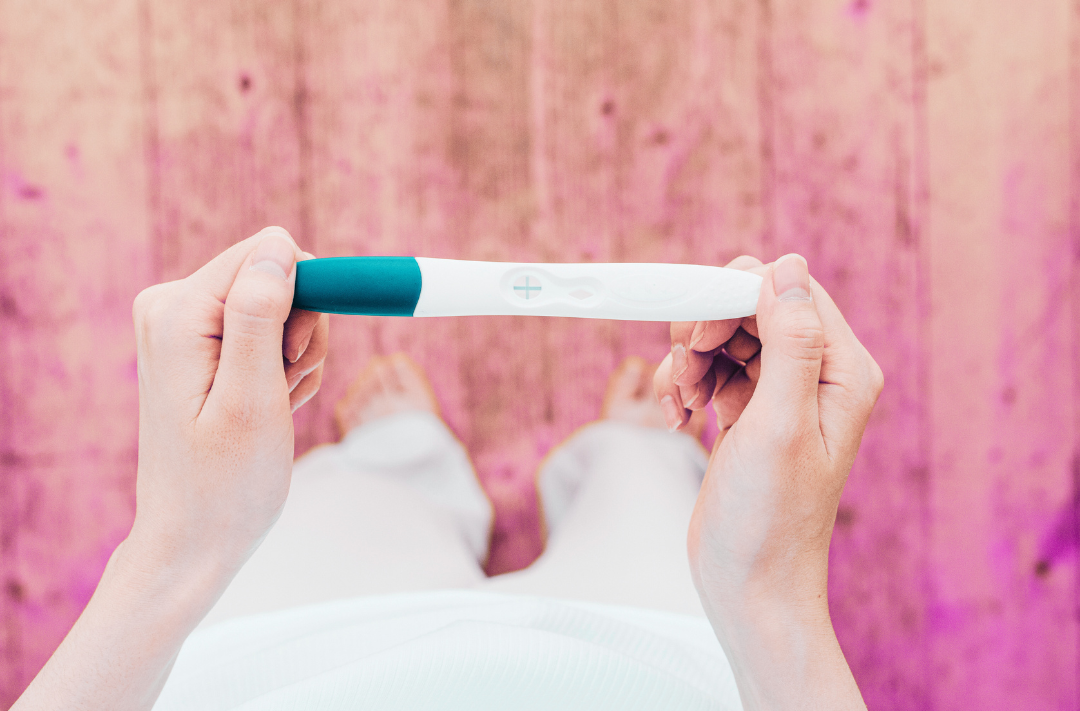The reality of pregnancy after 35: What doctors want you to know
Pregnancy after 35 face higher risks of miscarriage, gestational hypertension, diabetes, and preterm birth.

It is often said that 35 is the ideal cut-off age for pregnancy, but sometimes, pregnancy happens later in life. For those seeking support, hospitals and fertility centers offer a range of treatments to assist the journey.
Universiti Kebangsaan Malaysia Medical Centre Consultant Obstetrician and Gynaecologist and Reproductive Medicine Specialist Assoc Prof Dr Muhammad Azrai Abu shares the reality about getting pregnant after 35.
According to Dr Azrai, it is important that women above 35 seek medical attention first if they aim to give birth naturally, aside from looking for assisted fertility treatments.
"Women after 35 or 40 years old can still conceive naturally but need early medical attention to understand her fertility as early as six months after unprotected intercourse compared to younger women who can delay after two years of marriage," he said.
Meanwhile, the success rates of assisted reproductive technologies for IVF treatment for women in their 40s have been proven to improve live birth rates for women over 40, while success rates decline for women with certain medical conditions.
"Assisted reproductive technologies focusing on IVF treatment in women more than 40 years old can improve the overall live birth rate up to 20 to 30 per cent, but it will further decline with any concurrent illness such as endometriosis," he said.
Age is also known to affect the quality of fertility in a way that as women age, both the number and quality of eggs decline, making conception more difficult if they are aiming to have children at a later age.

Dr Azrai said that this is because the number of oocytes is declining together with the quality of the oocytes being produced, making conceiving more difficult as women get older. Oocytes are immature eggs in the ovaries.
Other than that, pregnancy after 35 also face higher risks of miscarriage, gestational hypertension, diabetes, and preterm birth. It will subsequently lead to babies having a higher risk of chromosomal abnormalities.
"Advanced maternal age women who conceive have a higher risk of developing miscarriage, gestational hypertension, diabetes mellitus, and preterm birth. Subsequently, the formation of chromosomally abnormal babies can be as high as 70 per cent," he added.
This piques the question of whether getting pregnant after 40 should be encouraged. According to Dr Azrai, it is high-risk to be pregnant after 40, but for women who understand the risks, it is not discouraged.
Awareness includes proper prenatal screening and a healthy lifestyle, which are important to minimise risks.
"Pregnancy after 40 is considered a higher-risk group, but we can't totally discourage it from happening as long as the women understood all the expected risks that she and the baby will encounter during the antenatal period. Therefore, in order to minimise these risks, a proper prenatal screening excluding any common diseases is important, and these women must still maintain a healthy lifestyle," he said when contacted by Sinar Daily.
When discussing specific reasons why women decide to give birth later, he said that women are focusing on their career development and financial stability more now, further delaying not just pregnancy but also marriage for others.
"Social burden focusing on career development, which may need longer time to be achieved by these women, delaying the process of marriage and conceiving.
"The higher living cost may also influence the decision of couples to conceive later, waiting for them to be economically stable.
"Besides that, women at this age who are economically stable also have difficulty finding the right partner," he said.
Download Sinar Daily application.Click Here!















